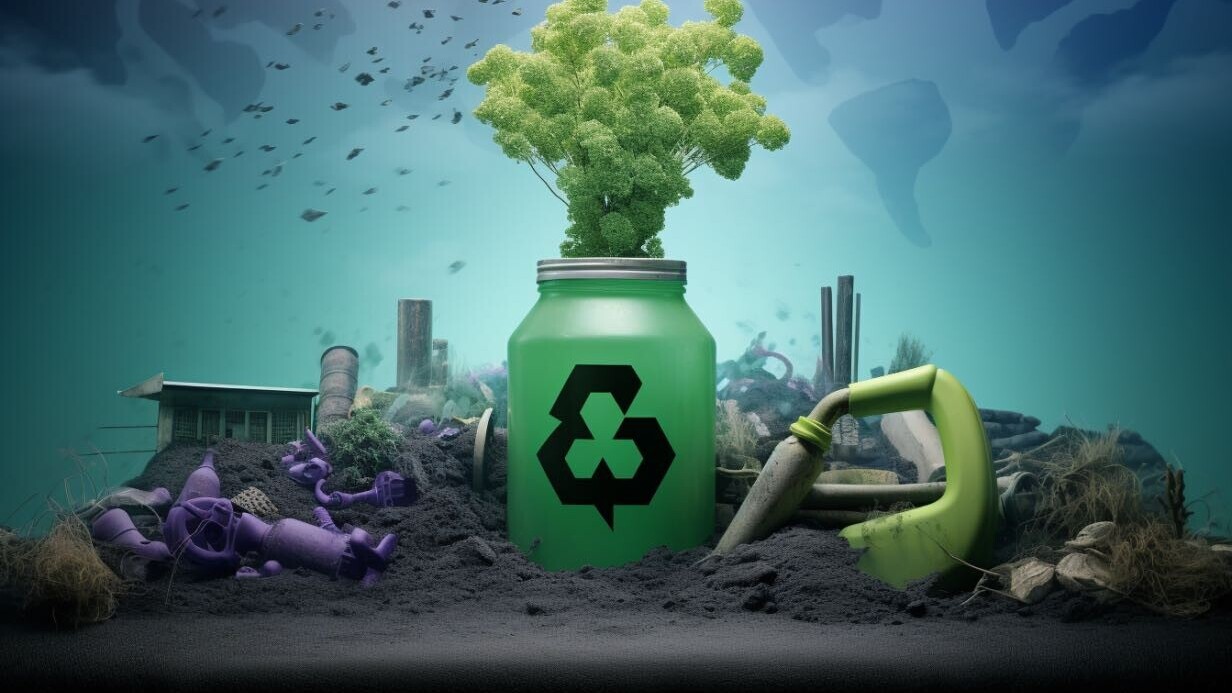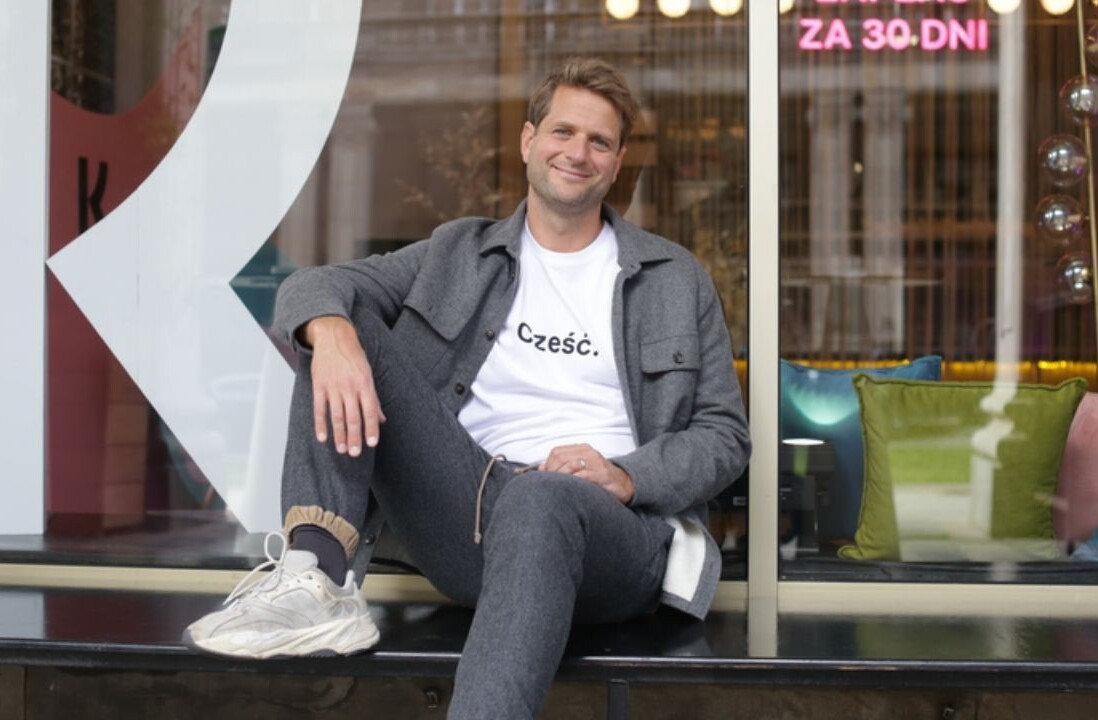
Being green can make a company look good––and who wouldn’t want to work for a business that says it’s doing a stellar job with sustainability?
But in a world of greenwashing (or even greencrowding, greenhushing and greenshifting), consumers and workers are asking more questions about the green promises that companies are making.
That’s particularly the case with Gen Z workers, who are the future of the workplace. One in three (31%) of them would turn down roles in companies with poor ESG (environmental, social, and governance) credentials, and over half (54%) would take a pay cut to work for a business that reflects their ethics, according to a Bupa survey.
At the same time, more roles are opening up that are directly connected to a company’s green goals. Companies are hiring sustainability managers, sustainability consultants, and net zero leads. You can even buy a Chief Sustainability Officer Barbie, who comes with a laptop and smartphone.
The role of the chief sustainability officer (CSO) has grown since 2018, according to PwC, which found that 2021 saw a threefold increase in the number of CSO appointments globally compared to 2020. The sector with the greatest percentage of CSOs was consumer products (50%), followed by chemicals (45%).
According to a Deloitte survey, nearly all respondents believed the role of the CSO would grow in prominence.
Scrutiny and sustainability
It’s fair to say there is a particularly high level of scrutiny of newer businesses, especially those in the tech space, over their approach to their ESG goals. Being formed in the past decade, in particular, means they can’t say they weren’t aware of the climate crisis, and can instead properly bake sustainable practices and goals into their ESG from the get-go.
Banking app Revolut is a disruptor on the fintech front, and by not having physical bank locations it had a head start on curbing its emissions. It has already set out its environmental aims and progress, which it includes on its website.
It joined the Tech Zero initiative in 2021, which is for tech companies committed to climate action. Companies who sign up to Tech Zero must sign up to commitments including setting an ambitious net zero target date and short-term targets all the way to 2030. They must also aim to halve emissions by 2030 across all scopes.
Revolut partners with the WWF, Open Cages, and Rainforest Alliance, allowing customers to donate via its app to them. It has also signed up with a company called Watershed to measure its global carbon footprint, so it can make changes based on what it learns.
You can measure a company’s intent by what it does, but you can also measure it by what it stops doing.
The German retailer Rewe has been publishing sustainability reports for over a decade, and is willing to publicly make changes, even if it means reversing a previous move. Last year, it stopped advertising own-brand products as “climate neutral”.
Previously, it had bought certificates from a compensation project in order to do this, but this sort of offsetting is becoming increasingly controversial. Rewe’s decision was described as “progress” by Foodwatch.
Rewe was also included in the study ‘Sustainable grocery retailing – myth or reality? A content analysis’.
After analysing several supermarket companies’ sustainability reports, the authors commented that Rewe “has the longest history of sustainability reporting, provides the longest report by pages, applies by far the most GRI standards, and uses external data verification to ensure a high reporting standard and credibility”.
It added: “Furthermore, the company discloses the highest number of negative aspects which indicates a higher degree of transparency.”
Another way of analysing whether a company is serious about its sustainability and climate goals is to see if it has signed up to specific initiatives. The United Nations Global Compact is a voluntary initiative based on CEO commitments to implement universal sustainability principles and also take steps to support UN goals.
This isn’t monitored or enforced, but the UN says that the participants are expected to publish in their annual (or sustainability) report the ways that they are supporting the compact and its principles. It “believes that this sort of openness and transparency encourages improved practices by participants”.
One company that is signed up to it is Mazars, which says: “Through our core values and code of conduct, we strive to integrate the Ten Principles of the UNGC in our value system and organisational culture”.
In its most recent sustainability report it noted that it had also signed up to the Science Based Targets initiative (SBTi), a partnership between CDP, the United Nations Global Compact, World Resources Institute (WRI) and the World Wide Fund for Nature (WWF).
Growing greenwashing
Greenwashing isn’t going away: a European Commission sweep of websites to identify breaches of EU consumer law found that as many as 42% of green claims are likely to be exaggerated, false, or deceptive.
Another EU Commission study from 2020 found that 53.3% of examined environmental claims in the EU were vague, misleading or unfounded, and 40% were unsubstantiated.
In 2020, oil and gas company Shell found itself heavily criticised for asking people what they were doing to reduce emissions. In a world where this sort of thing happens, workers will only become more keen to make sure their employers are not shirking their climate and carbon responsibilities.
Even a seemingly benign advert can see a major business rapped on the knuckles. A TV ad for Persil was removed from broadcast in the UK after a complaint to the Advertising Standards Authority (ASA).
The ad attempted to underline the product’s green credentials, with beautiful footage of children playing, stunning nature scenes, and a voiceover saying a Persil product was “kinder to our planet”. It’s this claim that led to the complaint: the ASA found that the ad was likely to mislead.
While the ASA has been pursuing allegations of greenwashing like the above, the UK also has a Green Claims Code for companies to abide by. The UK isn’t alone in trying to make sure companies aren’t attempting to pull the vegan wool over anyone’s eyes.
In March 2022, the EU Commission proposed a ban on greenwashing, which would mean companies couldn’t make generic vague environmental claims. This past March, we got more details on what’s planned for the EU under the Green Claims Directive––meaning companies are now on notice to undertake a serious analysis of what they’ve been claiming.
Working for a green company
This all means that when trying to figure out if a company is truly serious about being green, looking at the details of the UK code and the proposed EU directive can steer you in the right direction.
As the Green Claims Code asks: are the claims truthful and accurate? Are they clear? Are any comparisons fair and meaningful? Are the claims being substantiated? And what about the lifecycle of the product or service––does it look like this is being considered?
A further step is to look at the information a company provides in its corporate responsibility and/or sustainability reports. Is the language woolly or clear? Are the promises based on controversial initiatives like offsetting, rather than actual changes?
You can also check if the company features on the CDP’s Climate Change A List. This scores hundreds of major companies on their environmental transparency and their performance on climate change, deforestation and water security.
What can further help when figuring out how serious a company is: keeping an eye out for trusted eco-labels like FairTrade and the EU Ecolabel, or if they’ve signed up to initiatives like the North Star pledges under the European Climate Pact.
At least a fifth of the world’s 2,000 largest public companies now have net zero commitments. As we get closer to 2030, potential employees will be even more keen to know exactly how serious companies are about sustainability. By following the guidance of regulators and staying curious, they will be able to sort the dedicated companies from the ones who say they’re serious––but aren’t.
As for the companies themselves, they risk serious reputational and legal damage if they don’t pull up their green socks.
Visit the House Of Talent Board to find out more about these companies and other jobs on offer in organisations which offer transparent sustainability goals
Get the TNW newsletter
Get the most important tech news in your inbox each week.




